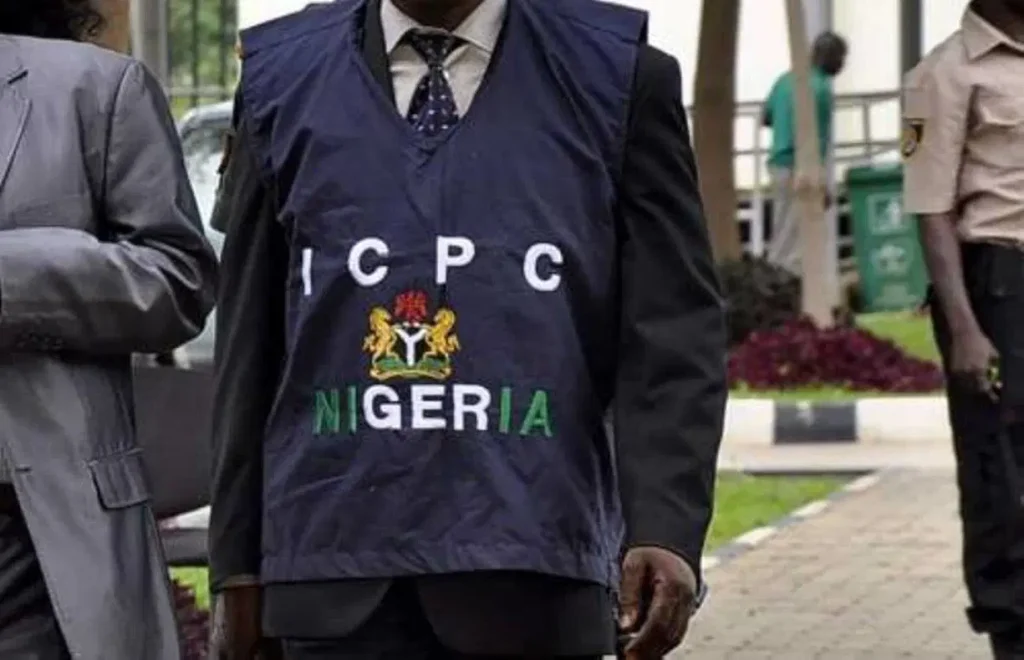Chairman of the Independent Corrupt Practices and Other Related Offences Commission (ICPC), Musa Aliyu, has expressed deep concern over the extent of corruption in Nigeria, and its detrimental impact on the country’s development.
Speaking at an International Law Conference organised by the Faculty of Law at Ahmadu Bello University, Zaria, Aliyu described corruption as the most significant obstacle to Nigeria’s progress, stating that it erodes public trust, undermines the rule of law, and hampers economic growth.
Aliyu revealed that in 2023, approximately 87 million bribes, totalling ₦700 billion, were paid across the country, with a higher frequency of bribery occurring in rural areas compared to urban centres.
He noted that corruption ranks as the fourth most pressing issue in Nigeria, following the cost of living, insecurity, and unemployment, according to a recent Nigeria Bureau of Statistics (NBS) survey.
Despite these challenges, Aliyu expressed optimism about the increasing awareness and willingness among Nigerians to combat corruption.
He cited an increase in the rate of citizens reporting bribe payments to authorities, which rose from 3.6% in 2019 to 8.6% in 2023, as evidence of progress in the fight against corruption.
“We are making progress. The rate of citizens reporting bribe payments to official authorities increased from 3.6% in 2019 to 8.6% in 2023. This shows growing awareness and willingness to fight corruption. This is a testament to the growing awareness and willingness of Nigerians to fight corruption.
“Corruption undermines these rights, breeding inequality and oppression. The ICPC is committed to upholding human rights and promoting social justice by combating corruption and ensuring access to essential services,” he said.
Aliyu also stated that corruption is not only a legal issue but also a social problem requiring a comprehensive approach. He mentioned the prevalence of abuse of office within the Nigerian public service, particularly in the form of sexual harassment in tertiary institutions.
A 2018 World Bank survey indicated that approximately 70% of female graduates reported experiencing sexual harassment during their studies.
The ICPC chairman emphasised the critical importance of human rights and social justice as the essential building blocks of a fair and equitable society.

